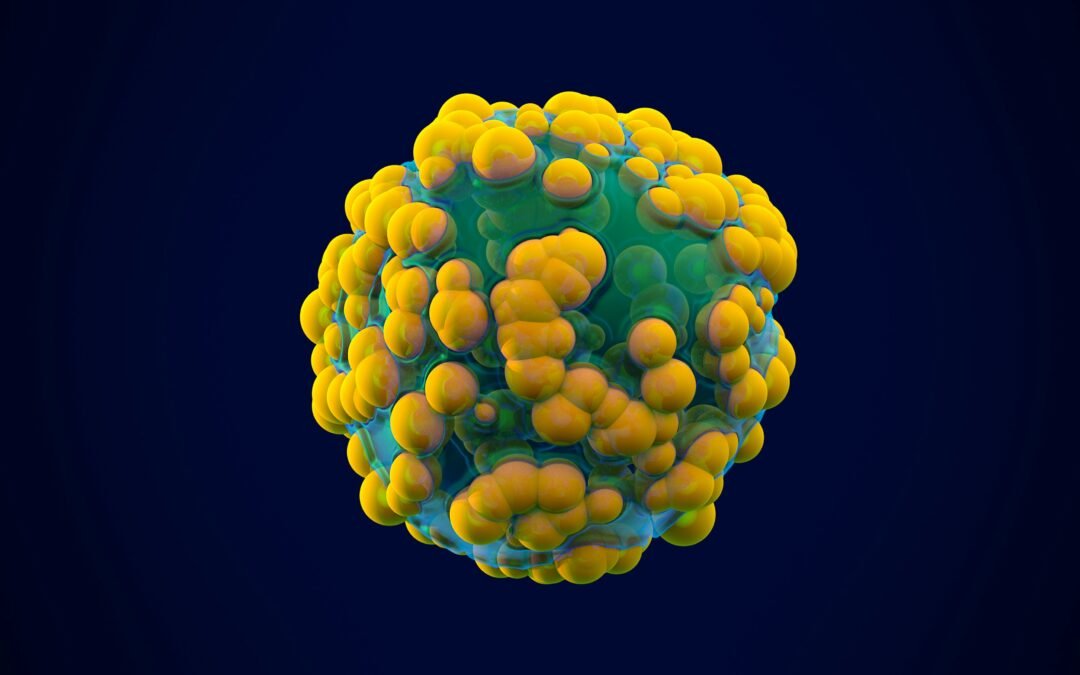16 July 2025
Autoimmune diseases are becoming more common, affecting about 5–8% of people worldwide. There are over 60 types known today.
What is an autoimmune disease?
Your immune system normally protects you by fighting bacteria, viruses, and other harmful invaders. In autoimmune diseases, this system mistakenly attacks your own body tissues as if they were dangerous.
This can lead to inflammation and serious organ damage. Almost any part of the body can be affected — from skin and joints to intestines and the thyroid.
Types of autoimmune diseases
There are two main types:
-
Organ-specific: Only one organ is attacked. Examples include type 1 diabetes (pancreas), Hashimoto’s thyroiditis, celiac disease, and Crohn’s disease.
-
Systemic: Several organs or body systems are attacked. Examples include rheumatoid arthritis and lupus.
Possible causes
The exact reasons are not fully clear. Some possible triggers include:
-
Viral infections
-
Vitamin D deficiency (especially during pregnancy)
-
Early exposure to gluten or milk proteins
-
Gut health issues — since about 70% of immune cells live in the gut, a damaged gut lining may let toxins enter the blood and trigger immune reactions.
Common symptoms
Early signs often include:
-
-
Extreme fatigue
-
Joint pain and swelling
-
Digestive issues
-
Recurring fevers
-
Skin rashes
-
Mood changes
-
How nutrition and lifestyle help
Food and exercise can help control inflammation and ease symptoms.
-
Reduce meat and eggs to lower arachidonic acid, which can promote inflammation.
-
Eat more healthy fats from fish and vegetable oils (rich in omega-3s).
-
Follow an anti-inflammatory diet, like the Metabolic Balance plan, which is personalized to your needs.
Reducing stress is also important. Practices like meditation, yoga, and regular exercise support mental wellness and strengthen the immune system.
Takeaway
Autoimmune diseases cannot always be fully cured, but a healthy diet, stress management, and an active lifestyle can greatly improve your quality of life and help keep your immune system balanced.
Related Articles
Healthy Food to Fight Migraine Pain
Migraines are severe, throbbing headaches that can leave you unable to work or enjoy daily life. Around 10–15% of adults experience migraines each year, and women are affected more often than men.
Some people also experience an aura before an attack — vision problems, dizziness, or tingling — as a warning sign.
Diabetes and Your Immune System: Why Infections Raise Blood Sugar
When flu season arrives, colds and infections spread quickly. For most people, these are just minor annoyances. But for people with diabetes or insulin resistance, infections can be dangerous.
Osteoporosis: When Bones Break Easily
Osteoporosis is a serious bone disease that makes bones weak and more likely to break. Over 43 million people in the U.S. have low bone mass and are at risk. Women, especially after menopause, are most affected, but men over 60 can also develop it.




